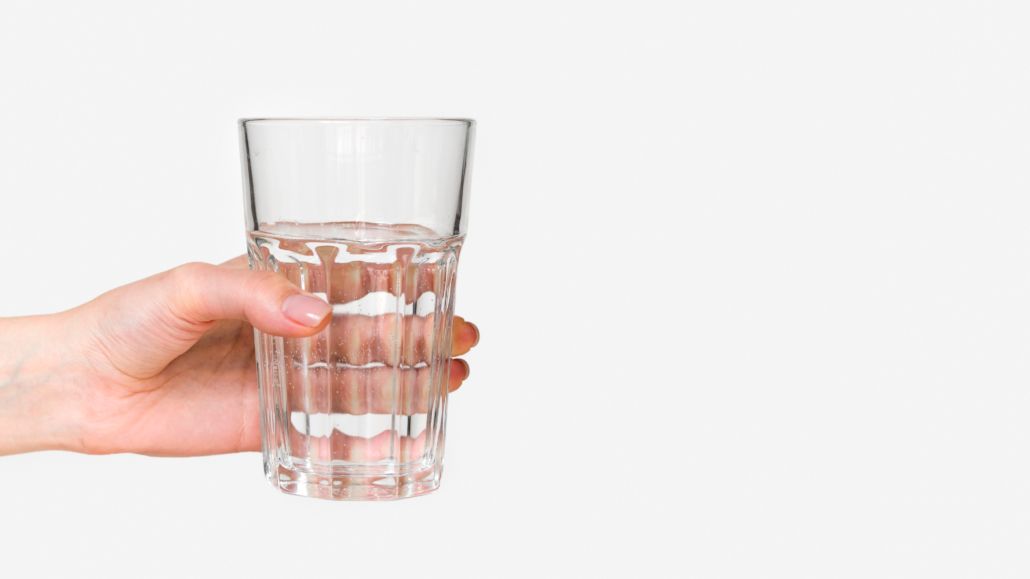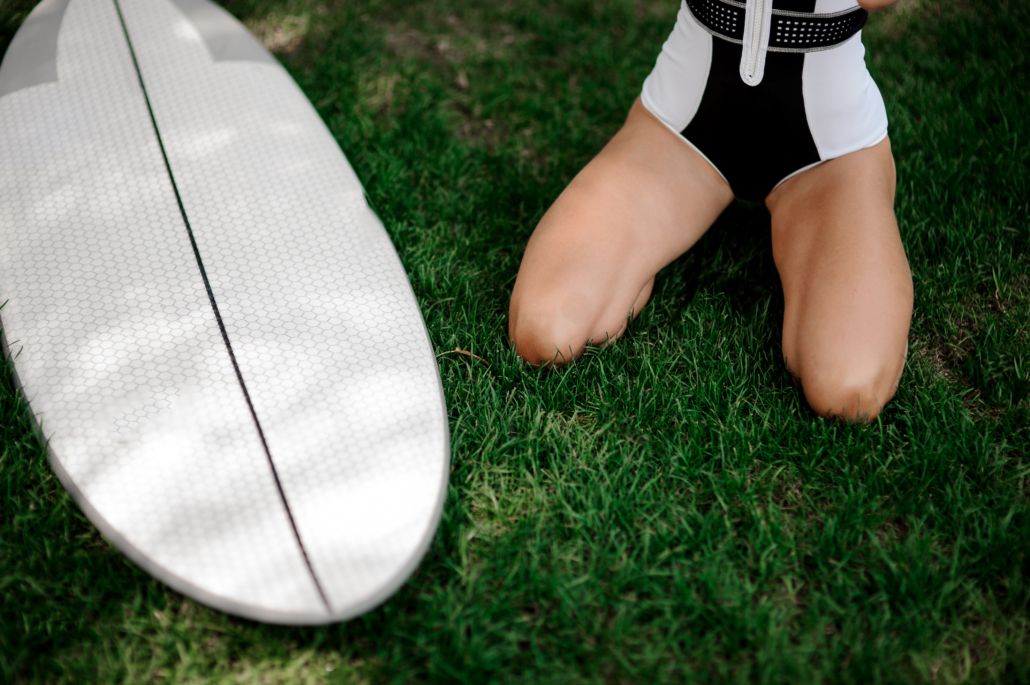Without question, water is the number one essential need to survive. Nearly 60% of your body is water, and this amount ranges from 45% to 75%, depending on your physiological properties and daily habits. Although this water is not stable, it is lost and gained many times throughout the day. During this dynamic cycle, water is lost during urination and sweating and regained by your daily liquid and food consumption. In order to maintain the balance, there is a certain amount of water you should drink every day.
Water in Our Bodies
In the body, 73% of the brain and heart, 83% of lungs, 64% of skin, 31% of bones, and 79% of muscles and kidneys are composed of water. For these organs to survive, the water amount should remain in balance, but how much water do you have in your body? This number varies according to age, gender, environment, and body mass. The lean mass has more water than fat tissues, which is why the water percentage in your body changes related to your lean tissue mass and gender. Also, the climate that you live in determines your water loss by evaporation, so the environment is another factor that changes your water consumption. The average adult man is 60% water, with woman at 55% water, due to their differences in natural fatty tissue amounts. Infants are 75% and children are 65% water. They lose some of it as they grow up.

In order to keep homeostasis of the body, water intake and water loss should be balanced. Water in your body is primarily obtained from the digestive tract and lost by excretion in urine. Other than these two major mechanisms, sweating evaporates water from the skin, and lungs breathe out some water during respiration. Also, cases such as vomiting and diarrhea can cause a big reduction in the water in your body.
Water in your body also contains mineral salts, like potassium and sodium, and the water and electrolyte balance work together. When you eat salty food, sodium levels elevate and your body makes you thirsty, causing you to drink water to balance your electrolytes and water, and vice versa. When water is high and sodium is low, kidneys release more water into the urine, excreting the excess water to keep the balance.
Things Water Does in Your Body
- A building material and key nutrient of cells
- Metabolizes and transports carbohydrates and proteins
- Balances internal body temperature by respiration and sweating
- Excretes waste materials via urine
- Lubricates joints and supports their movement
- Forms saliva and mucus to keep mouth, eyes, and nose moist
- Enhances skin health

- Supports bowel movements
- Balances blood pressure
- Absorbs shock to protect the brain, spinal cord, organs, and fetus
- Dissolves minerals, some nutrients, and soluble vitamins
- Works as a transporter and carries nutrients and oxygen to cells
Vivoo’s Water box is designed to assess the user’s hydration status and give comprehensible insights. It shows how hydrated you are and gives suggestions about:
- How much water your body needs daily.
- How to reach the optimal hydrated state if you are either dehydrated or overhydrated.
- What you can do to stay hydrated
- How to maintain your body’s electrolyte balance
How much water should you drink?
You lose water during your daily routine while urinating, breathing, and sweating. You should take in the same amount (or more) of water to sustain the balance. When the water in your body goes down too much due to these body functions, your body is dehydrated. When you lose 2% of the water in your body, you feel thirsty, and this causes some reduction in performance.

It may lead to a foggy mind, difficulty concentrating, mood changes, constipation, or kidneys stones. Try to drink water before you feel thirsty, and make it a habit to drink water regularly. On average, suggested water consumption for adult men is 3.7 liters and for adult women is 2.7 liters. However, if you exercise regularly, have high lean tissue, and live in a dry hot environment, you should drink more water than average. Good news, though. You don’t just get water from liquids. The food you consume also has water, especially fruits and vegetables, supplying some of the water your body needs.
Signs of Dehydration
When the amount of water in your body drops below a certain point, the body signals you to drink water. You feel thirsty after you are active, or during hot and dry weather, because your body loses water by sweating. Actually, your body is dehydrated even before you feel thirsty. Some symptoms of dehydration are:
- Feeling tired
- Urinating less frequently than normal and having orange or darker urine
- Dizziness
- Confusion
In order to prevent these symptoms, you should make a daily habit of drinking water. Start this habit by drinking water after you wake up, before meals, and before sleep.

Benefits of Drinking Water
After you increase your water intake, you’ll recognize some changes in your body that might include:
- Losing weight easier and increased metabolism
- You will feel more energetic and your physical performance will elevate
- Brain gets more oxygen and brain functions to improve, you concentrate easier
- Wrinkle and acne formation slows down
- Reduces the chance of injuries and cramps
- Bowel movement becomes more regular

Tips to Increase the Water in Your Body
- Carry a water bottle with you and keep it in your sight.
- Keep track of your water consumption by apps or labeled bottles, and set daily water intake goals.
- Set reminders on your smartphone or agenda.
- Drink different fluids, such as tea, milk, unsweetened juices, or smoothies.
- Include soup in your weekly meal plan.
- Avoid sugary drinks, such as soda, alcohol, and sweetened juices.
- Add lemon, lime, cinnamon or fresh fruits to your water for a different taste.
- Consume foods that have high water content such as spinach, watermelon, cucumber, green pepper, celery, radish, berries, and cauliflower.












